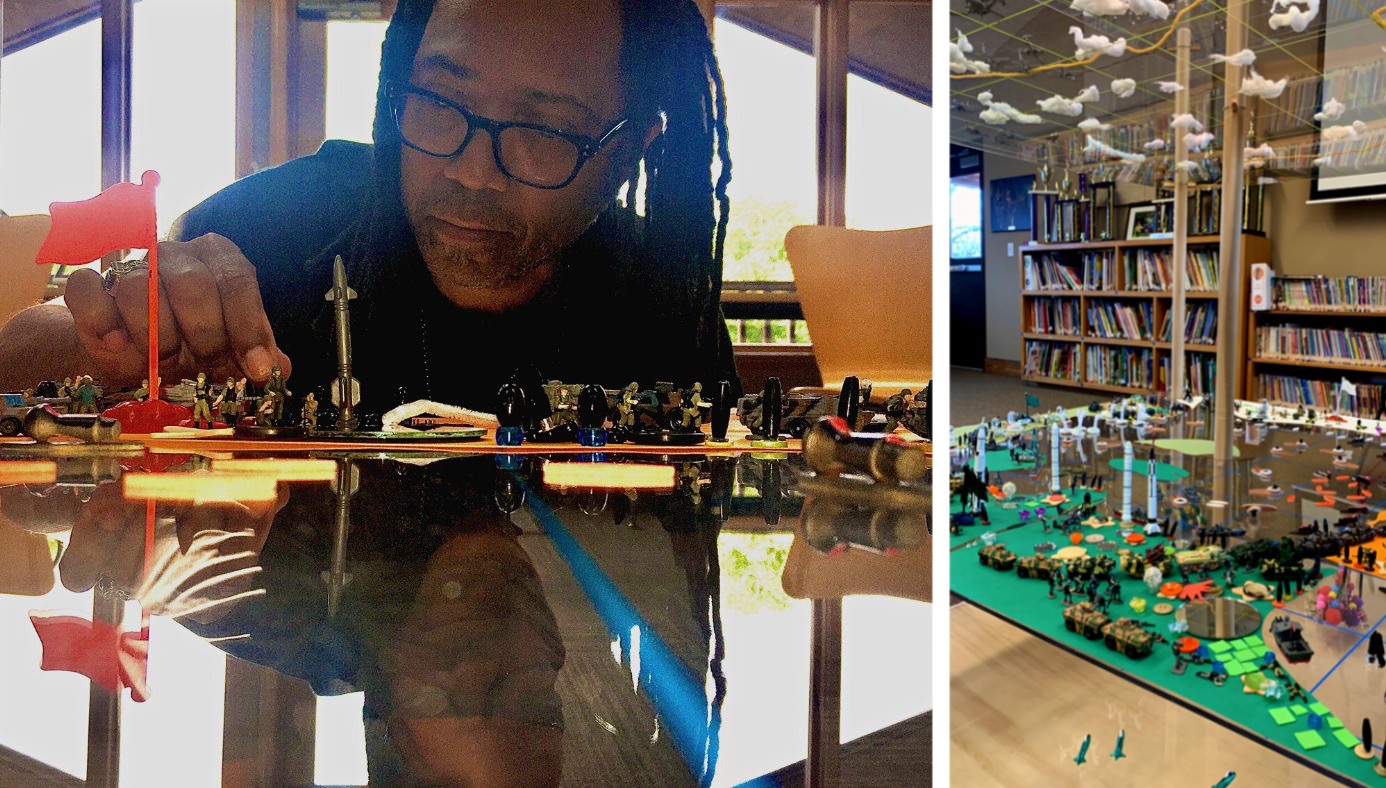“I never teacher my pupils; I only give them the optimum conditions in which to learn.” —Einstein
This simple statement by Einstein also applies to parenting; children are learning all the time, not just at school. Children literally construct themselves from the moment they enter this world. Throughout Montessori’s writings she uses the term “self-construction,” driving home the point that it is the raw material they are exposed to which shapes the adult they will become. Some people, mostly men, don’t finish this process until around age 40, and some into their late 60s, but I will limit this article to children.
I am sure you have read all 183 pages of our handbook, certainly the part about the planes of development, but if you haven’t, I suggest you do. There you will read how each plane (0-6,6-12) or stage, requires a different approach because of the characteristics the child manifests. If you know what’s happening developmentally, you can provide those optimum conditions Einstein talks about.
This is an important point because if you are the parent of a toddler, for example, and are frustrated because your toddler won’t share with other children, then you are in for a bumpy ride. Toddlers cannot share. They are ecocentric beings, and they think if they have something in their hand, that object is part of their body; the fact some is trying to take it is tantamount to someone trying to pull off their hand!
“No! Mine!” shrieks the toddler, and you, mortified, make excuses for your child’s misbehavior. But this is normal. Solution: Don’t put your toddler in situations where they are required to share.
If foisted into a large group of friends who all have toddlers, don’t coop them up in a play room. Go outside, to a park. Anywhere but inside, especially if it is in someone’s home who has a toddler; that poor child will be miserable as all the toddlers languishing in their own egocentricity grab everything away from each other including all his toys!
When your child reaches the age of six, he is no longer as egocentric and more aware of other people’s feelings. The fact he is more cognizant of others doesn’t mean he is polite. Oh, no. The early elementary years are fraught with a give and-take struggle as he refines his social skills. The lower elementary child often says the following things:
“That’s not fair!” • “My teacher’s mean.” • “I’m not going to be your friend.” • “You can’t be in the club.” • And my personal favorite, “I’m not going to invite you to my birthday!”
Take heart. If your child is saying these things, or children are saying these things to your child, this is normal. That is why we have weekly class meetings in the lower elementary,to air “grievances” and mediate injustices. Children must have obstacles to overcome at this age and be surrounded with caring adults who understand what they are going through. But who also don’t fight their battles for them.
Just as the toddler is egocentric, the young elementary age child is socially uncivilized. We often hear stories of birthday parties gone bad because the children don’t act like they do at Raintree! Why? At Raintree the child has freedom, but he also has responsibilities. He is given more freedom, the more responsible he is.Behind the scenes in what appears to be a laizze faire environment is structure, lots of structure.
So what do you do when planning a birthday party. For toddlers, look up the characteristics and then create the optimum conditions. Solution: Have a family birthday party. In fact, have family birthday parties as long as you can. When your child is older, invite a few close friends and go bowling, or play miniature golf. If you are in a circle of friends who all have big, crazy birthday parties, and you feel you must do the same, get enough adults to assist you. Not adults who will stand around and talk to other adults, but adults who are engaged with the kids.
But what about behavior in public places? Don’t subject your child to events which are for adults. If you have a very active five-year-old, don’t take him to a lecture at the Dole Institute. Set the stage for success. Going to a restaurant? Set the ground rules ahead of time: We will stay seated and use our best manners.
What if your child gets out of control at a church service, trip to the grocery store, or in a restaurant? Leave. If your child is preschooler, and they refuse to leave, sweep them up in your arms and whisper, do you want to leave with your feet touching the ground, or the air? And then follow through on what you say. Following through on what you say is one of the most powerful pieces of advice I can offer. Don’t cajole, repeat, plead or beg. Say it once and do it.
Children need structure. We had a handout years ago with an illustration of a lamb in a pasture with a fence around it. The message was simple: children need boundaries. It makes them feel safe. When they know what the rules are and adults follow through on what they say, life is good. For everyone.







